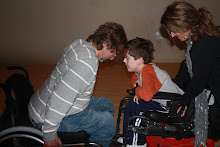
Finding physical activities that are engaging and fun for children can be a challenge. Yoga has the ability to bring concentration, balance, physical and emotional well-being. Children are surrounded with stress producing stimulus; cell phones, video games, increased academic performance, physical competition… Yoga can help counter pressures facing today’s children. When children learn techniques for self-health, relaxation and inner fulfillment, they can navigate challenges with a little more ease.
Physically yoga enhances flexibility, strength and coordination as well as increased body awareness. Often this leads to increased concentration and a sense of calmness and ability to relax. Following are a few guidelines for enhancing a child’s yoga experience:
• Be attuned to their energy. If kids are calm and ready, begin with quiet poses and meditation; if they are more active delve into more active poses.
• Kids often feed on the energy of the adults around them. Be a model of peace, compassion, and love.
• Understand children’s natural talkativeness and exuberance. Guide – don’t dictate.
• Allow children to make up their own poses.
• Be flexible when working with children and willing to change direction on the fly.
• Teach them to honor and take care of their bodies in the spirit of cooperation and not competition. Facilitate great respect for their body.
• Have fun, laugh, giggle, sing and make noises. Trust that with perseverance, time and practice, children will learn what they need. Have fun, and the children will too.

